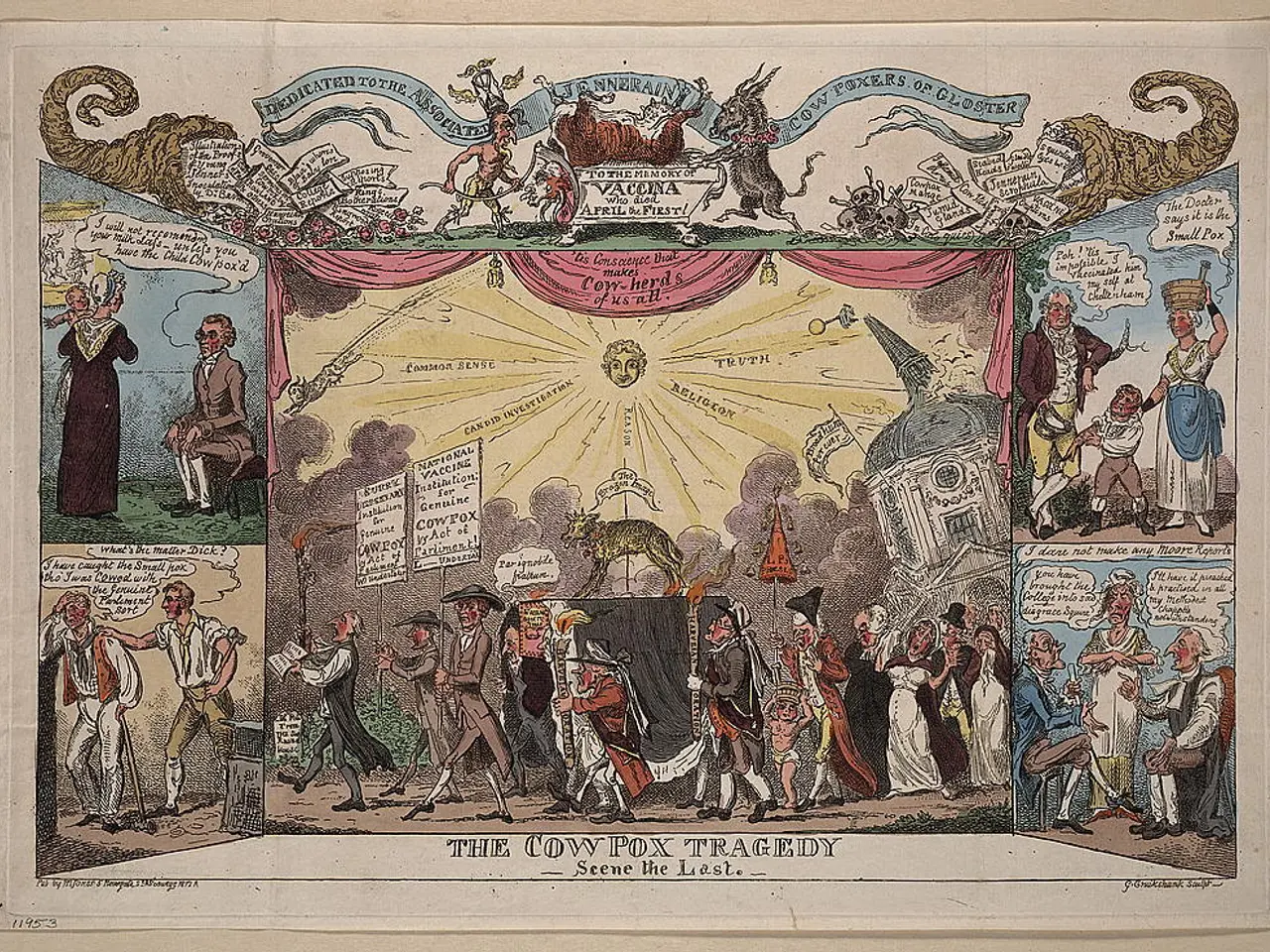Five regional divisions that reshaped Asia:
The rearview mirror is firmly fixed on the past, and it never quite lets go, especially in India. The unsolicited specter of the Partition of 1947, akin to Banquo in Macbeth, lingers uninvited, casting a long and shadowy presence. Sam Dalrymple, the new kid on the historical block, delves deeper into this grim legacy in his latest work, 'Shattered Lands: Five Partitions and the Making of Modern Asia'.
This book offers an expansive investigation into the disintegration of the British Raj, a political entity that in 1928, under King George V's rule, encompassed territories as diverse as Yemen, Dubai, and Nepal. The realm, though calling itself the 'informal protectorate', was never officially recognized, and the finer points of the empire's sheer size were kept under wraps, as a well-guarded secret.
Sam Dalrymple chronicles the transformation of this colossal single entity into a dozen separate nation-states, a feat requiring immense ambition. And he has more than enough of it.
A part of Sam's personal journey led him down this arduous road, as his grandfather refused to visit their New Delhi home due to the memories of 1947 still plaguing him.
The author identifies five major partitions that fractured the British Indian Empire, each casting darker shadows across modern Asia. One of the earliest splits was the separation of Burma from India in 1937, a move reiterated by the Simon Commission as an unforeseeable and unfortunate expansion of British rule. For the northeastern regions, this split meant more than the events that unfolded a decade later.
The second major rift was the partition of the Arabian Peninsula from India. If not for this divide, much of the Arabian Peninsula, with the exception of Saudi Arabia, might have become part of India or Pakistan post-Independence. This historical detail brings a refreshing perspective to the region's contemporary politics.
The third, of course, is the Great Divide of 1947. The fourth, according to Sam, is the partition of the princely states, the decisions of which determined the actual shape of India, Pakistan, and Burma, rather than the British administrators.
The fifth and final partition Sam Dalrymple discusses is the creation of Bangladesh in 1971. These five partitions forever altered the political map, leaving behind messy borders that continue to echo in modern-day conflicts.
Through fifteen meticulously woven chapters, Sam paints a complex tale of these five shattering events, discussing the intricacies in remarkable detail. The story includes an array of characters, the usual suspects like Jawaharlal Nehru, Mahatma Gandhi, Jinnah, and Dickie Mountbatten, as well as lesser-known figures like Angami Zapu Phizo, the man who led the Naga liberation struggle.
Sam unearths stories left buried deep in the annals of history, such as the maneuvering of Gwadar into Pakistan. From a humble fishing village, Gwadar is today home to Pakistan's key port, a Chinese gift. The town was under the rule of the Sultan of Muscat and Oman until the mid-1950s, serving as a smuggling base for goods and even slaves, slipping across the undefined border into Pakistan.
India attempted to lease the port from Oman, but Pakistan wore down the resistance. The ruler of Oman, so Indianized that he was known as 'Babu', was tricked into relinquishing Gwadar to Pakistan, a decision that continues to fester as Baloch insurgents attack Gwadar, laying claim to the land.
The book also recounts lesser-known tales like the Qu'aiti State, a former Hyderabadi Arab vassal, which the British refused to honor, leaving a young Sultan Amir Ghalib Amir Al Qu'aiti in exile. The concept of a Hyderabadi Sultan ruling over eastern Yemen is "bizarre", but this historical truth is a result of intentional erasure.
Sam Dalrymple's book, an instant bestseller, has culminated years of research. In the Epilogue, he highlights that the country where historical memory of the Raj is most amnesiac is Britain. It's time to awaken from that amnesia and change the narrative. The book is a courageous step towards that change.
News articles and opinion pieces might delve into the political implications of Sam Dalrymple's book, 'Shattered Lands: Five Partitions and the Making of Modern Asia'. General news outlets could discuss the book's exploration of the disintegration of the British Raj, covering areas like the unsolicited specter of the Partition of 1947 and its effects on contemporary politics in Asia. Opinion pieces could debate the significance of the book's findings, discussing its impact on understanding modern Asia and challenging historical narratives, particularly in Britain.







